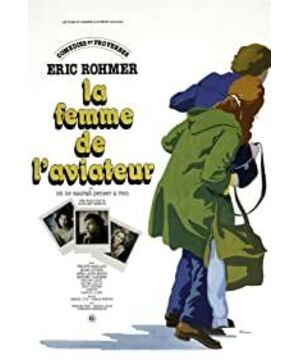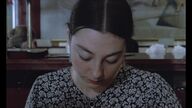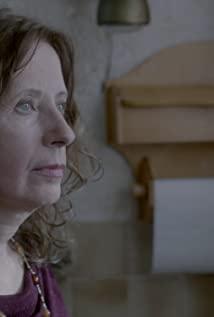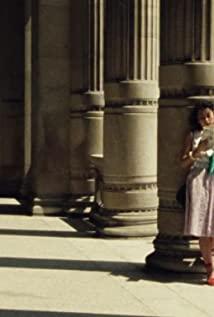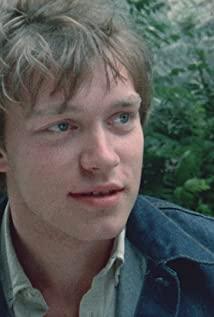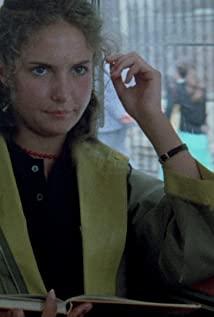It has to be said that we threw countless questions at this film, but the film itself presented other answers/elaborations.
My first impression after watching it - the male lead is so good...he is just trying to take control of his life or whatever?
Comforting a woman who has hurt her feelings is, for me, an act of marginalizing myself. His liking for Anu is not so much about being too much, but rather being in a blurred state. He treats Anu blindly in his own way - he wants to live with her, so he plans to change jobs; he wants to live with her. When she met, she came to the cafes one by one; when he and Anu confronted each other in the room, the situation where the feelings of love and non-love collided was too exciting and attractive. But if only one person bears such feelings, it is too suffocating. So in the middle of the confrontation between the cafe and the room, another episode was arranged - from this episode, the male protagonist came out of the role of the lover and talked with another girl. During the conversation, he was blurred - he There is really no denying the possibility of him being with this girl. Large stretches of time also hinted to the audience that it was possible for them to be together. This is the art of rhythm, I think. In the confrontation in the room, I think it is very classic. The female protagonist is simply French Lin Daiyu. She looks like she is smiling but not smiling, and she tilts her head like she is crying. Her words are also in line with her reasoning, and I got goosebumps when I heard it - because, this is too "she" (petty love - be yourself - I can't forget the sentence "I think too much for others (not myself) Cancel appointments when you're feeling sad)"). Then the male protagonist comforted her... But why didn't she tell her that the married man she loved had other women? But why didn't she tell the girl - her guess was right? Why did the director insert the scene of the girl kissing her boyfriend in the scene before writing the postcard?
It seems that what the director wants to give the male protagonist is to let him know that you are embarrassing yourself... Compared with your girlfriend who knows what you want too much, you are not completely pursuing your own happiness in love, you are not enough of you Own. Judging by the heroine, even if you know too much what you want, there seems to be a kind of confidence that makes you think you can be a winner in love, but you will still be hurt by your love. Let us see from the perspective of chess viewers: the chaos of love, when love meets unloved, unloved but stuck in emotions.
Since in the "Comedy and Proverbs" series, the comedy is happy: the pilot of the heroine abandoned her, and the hero seems to return to the embrace of the heroine. Proverbs... well, it means にわからない. (I'm not teaching you to abide by morals anyway, don't associate with married people hhhh)
The poster for the movie shows the hero and girl stalking the pilot and the "wife". The filming is so good, passers-by often stare at them seriously, which is really scary. It simply adds tension to the tracking. Other than that—their conversation was kind of boring to me, maybe I understood a little bit of flirtation, so...
There is one point I don't know if you have noticed, that is, there are many Chinese-colored things in the hostess's room, silk scarves on the door, embroidered paintings on the wall, and folding fans on the wall. (a lot of screenshots hhhh)
In short, let's assume a situation where the hero is willing to comfort the heroine who hurts his feelings, and he knows that he is so limited.... He knows the limitations of the heroine... (he is almost admitting that he is comforting himself 's love fantasy entity) thus becomes a personal love movie - perhaps something that the Great Gatsby could do.
We are just like little bugs in spring in Rohmer's films, reminiscing about the last rainy day comfortably and comfortably, and then suddenly realize that our existence is more beautiful than spring.
View more about The Aviator's Wife reviews


